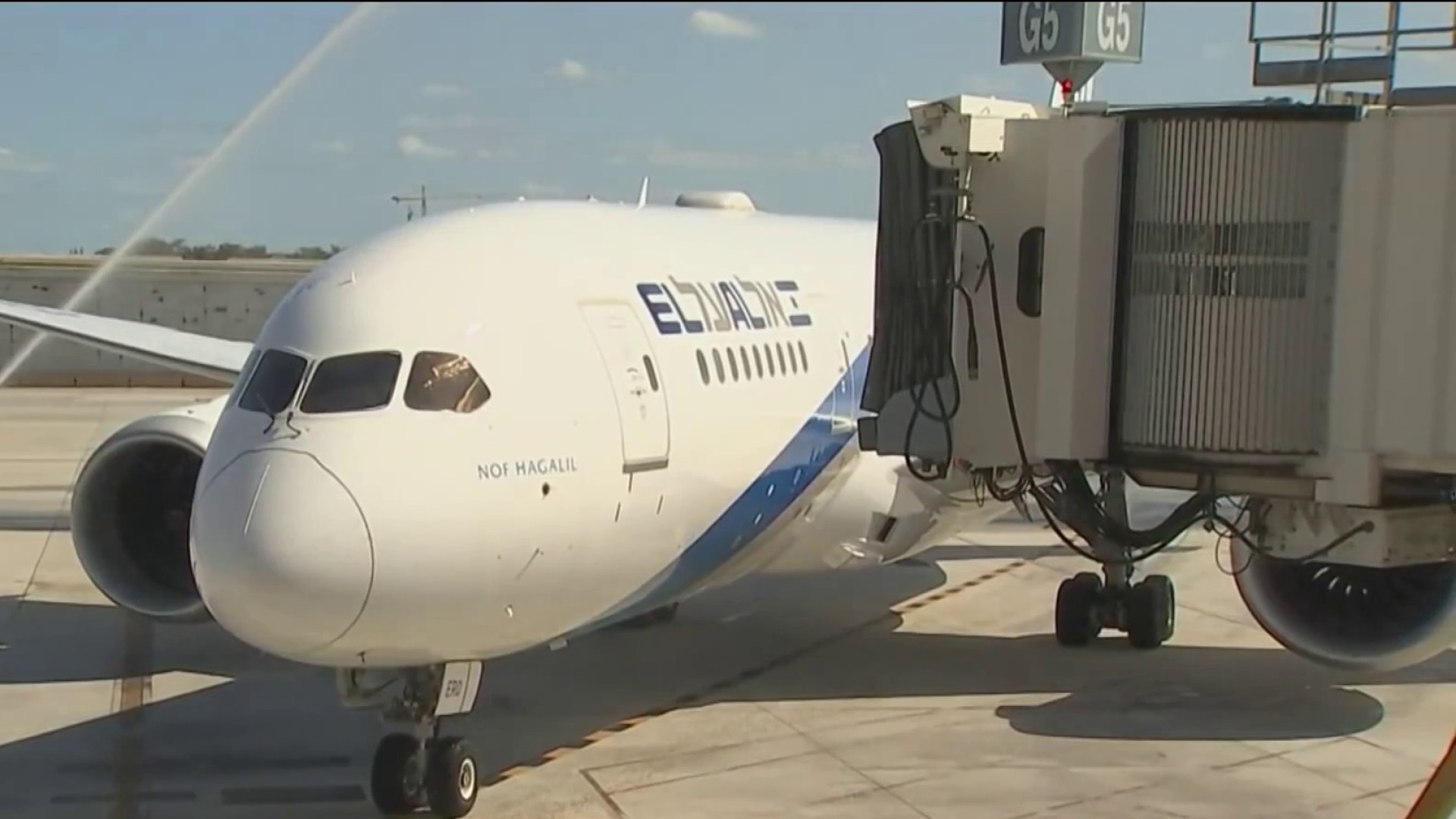On our last day here in Australia, we traveled to the country’s capital city of Canberra.
This city is home to Parliament House and Prime Minister Scott Morrison, who has been facing intense criticism for his handling of the bush fires that have been scorching the country and his views on climate change.
Twelve days ago, tens of thousands rallied across nine cities – from Sydney to Brisbane to Melbourne to Perth – protesting the climate change policies of the current government. Those rallies were met with support from climate change activists across Europe. Rallies in London, Madrid, Berlin, Copenhagen and Stockholm demanded immediate climate action.
And early next month, another large rally is being planned right here – outside of Parliament House.
“I think what’s happening in Australia is that there’s a lot more concern about climate change,” David Holmes says. He’s the Director of Climate Change Communication at Monash University in Melbourne.
“2019 was the warmest year on record in Australia, as well as the driest. Those signals are there to say that more needs to be done on policy.”
But much like in the United States, climate action has been largely paralyzed by the influence of fossil fuel companies.
Local
“The fossil fuel industry is a big part of Australia’s economy and the extractive industry is really big, so the government is often walking this sort of tightrope between listening to people’s concern but also thinking about am I doing the right thing for the economy.”
“I think it’s been made political by lobby groups that have been made for keeping things as they are. Business as usual.”
Noted American climate scientist, Dr. Michael Mann, agrees. He’s staying near Sydney on sabbatical while actively engaging the climate conversation.
“Australia, which historically has not been aligned with those sort of climate-change-denying petro states, finds itself currently with a prime minister who has sided with other climate denialists,” Mann says.
“At the recent Madrid climate summit, Australia did throw a monkey wrench into the works by saying they wouldn’t really honor their past obligations. We need the U.S. and Australia and all of the players to come to the table if we’re going to solve this problem.”
The media landscape has only muddied the water.
“There’s quite a strong climate denial lobby group here,” Holmes admits. “The media is a bit divided. The newspaper groups are questioning whether climate change exists and really throwing a lot of doubt. Ultimately, you aren’t protecting the population of your country as long as those stories become dominant.”
For Mogo resident Rae Harvey, there is no denying what her own eyes have seen. Her kangaroo sanctuary was razed by the fires here on New Year’s Eve.
“This wasn’t an ordinary fire. This was a climate change disaster,” she says. “Climate change is real. Everybody that’s denying it, stands to make a profit from it. Isn’t that obvious? I don’t stand to make a profit from it. I’m just a victim of it.”
Harvey will rebuild her sanctuary but will also join in pressuring Australia for action.
“And keep spreading the word about climate change and trying to convince our crazy politicians that it is real.”
The fires here are still burning as a daily reminder. A new blaze erupted near the Canberra airport. This crisis has already claimed 28 lives, millions of acres and a billion animals. It may get a lot worse.
“We’re only 55 days into these fires. We’re just over halfway through summer. The really bad fires have historically hit in Australia in February.”
Holmes believes the solution to Australia’s crisis is a commitment to renewable energy.
“What we have an abundance of is a lot of wind and a lot of sunshine,” he says. “We could really be a renewable super power. We could actually be exporting renewable energy to Asia. We have that much sunshine in this country.”
So is the conversation changing?
“I think it’s still a case of wait and see. Some people are calling the fires this turning point, this crossroads where something has to be done,” Holmes says. “Some people don’t want to hear change.”
Mann is more optimistic.
“This may be a tipping point,” Mann hopes. “Where the impacts have become so pervasive and have played out so vividly on their television screens – these almost apocalyptic wildfires. There’s a level of awareness here about climate change that I think is unprecedented.”
Solutions exist to address climate change both here and globally, but those face the ever-present roadblock of lack of political will.
“That requires voters,” Mann says. “Voting for politicians who are actually willing to do something about this problem – leaders who are actually willing to lead on climate.”



